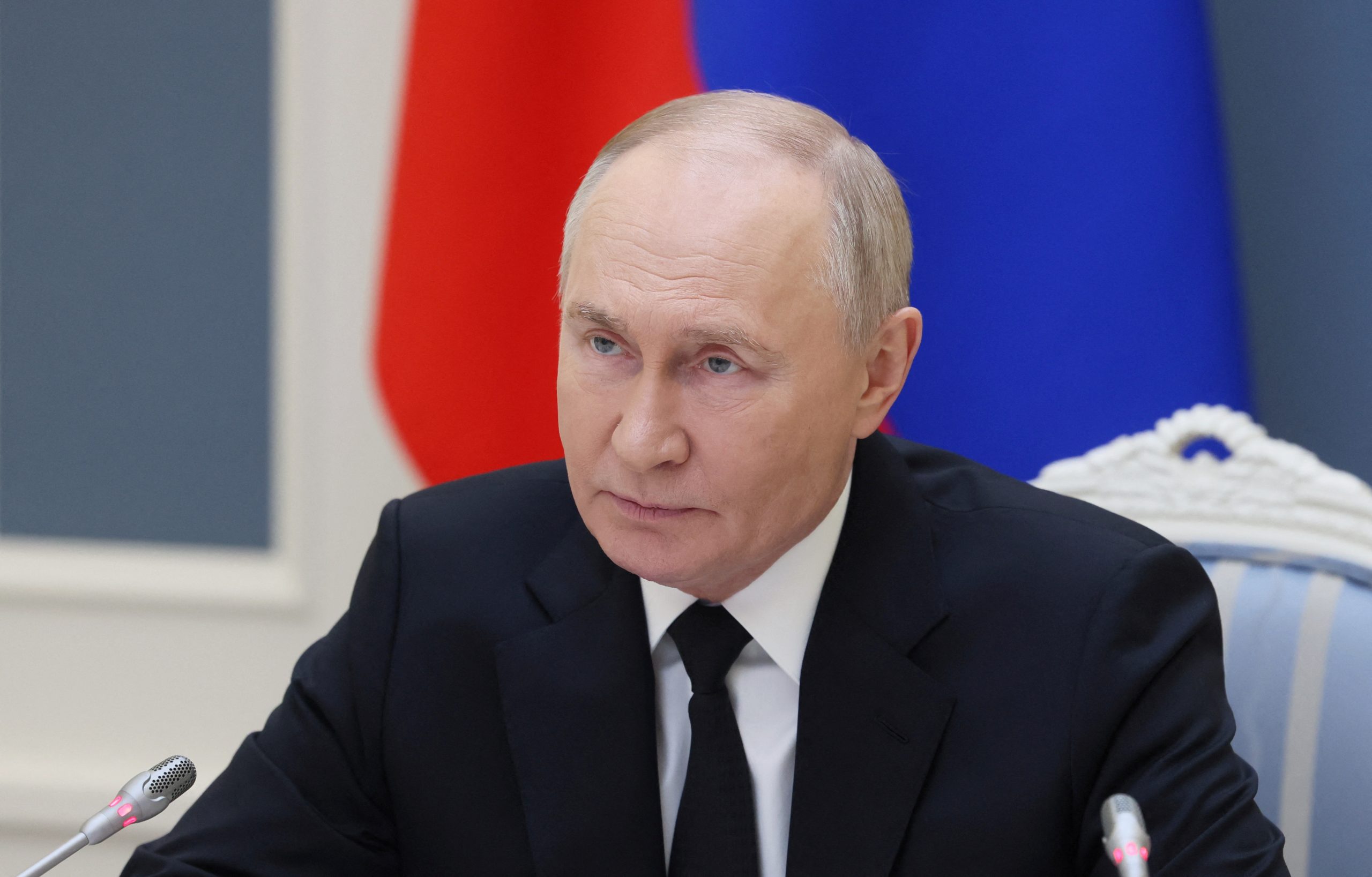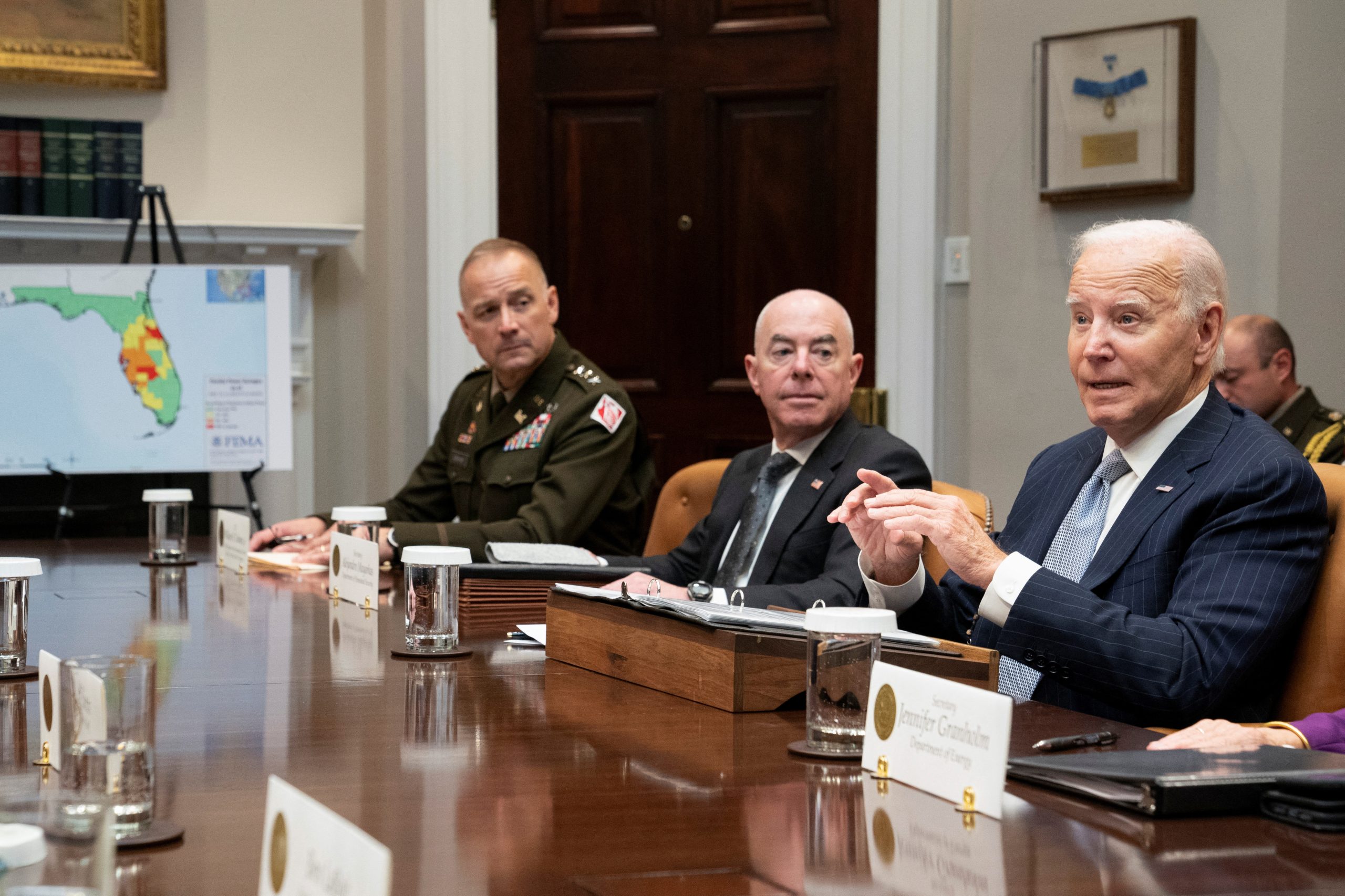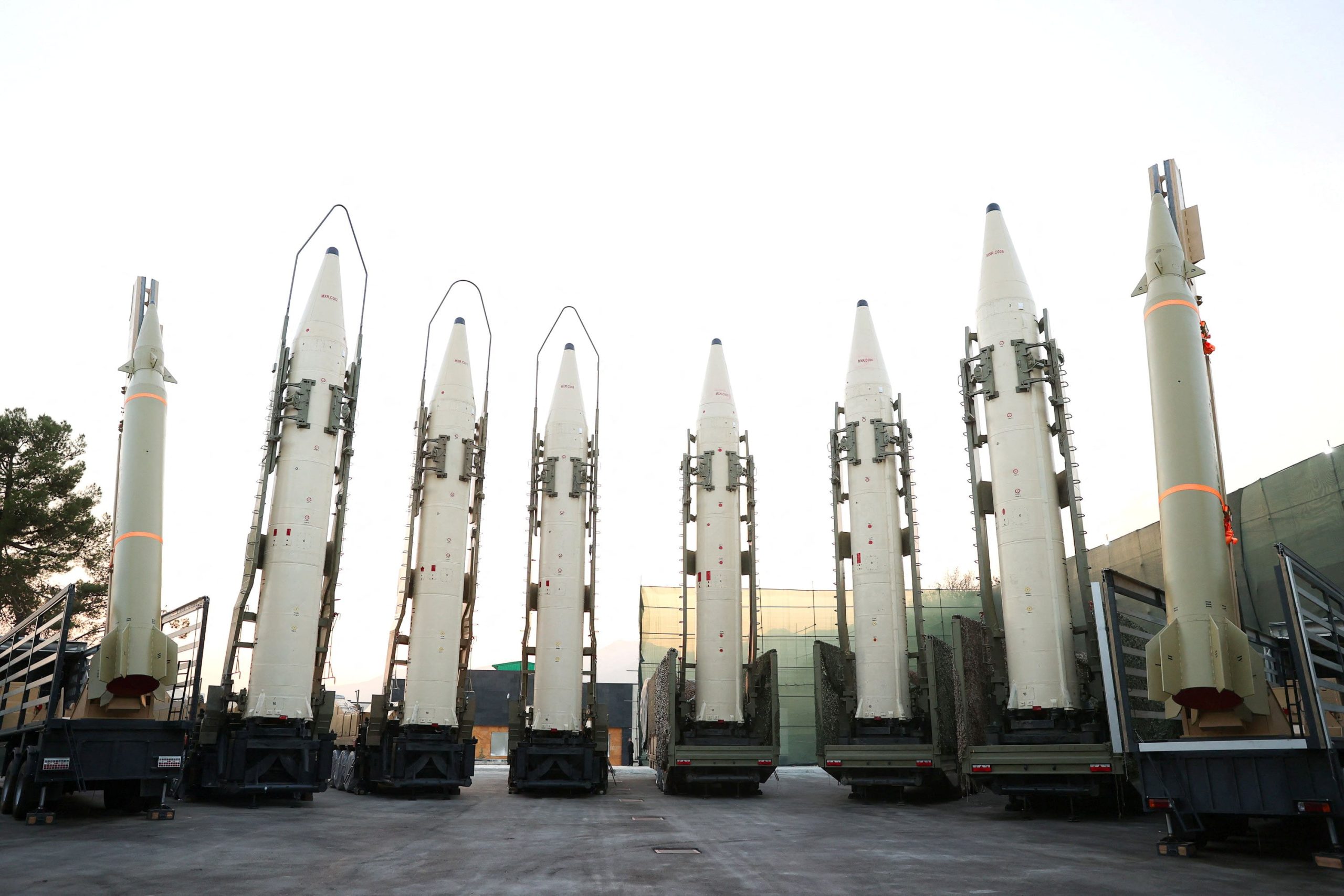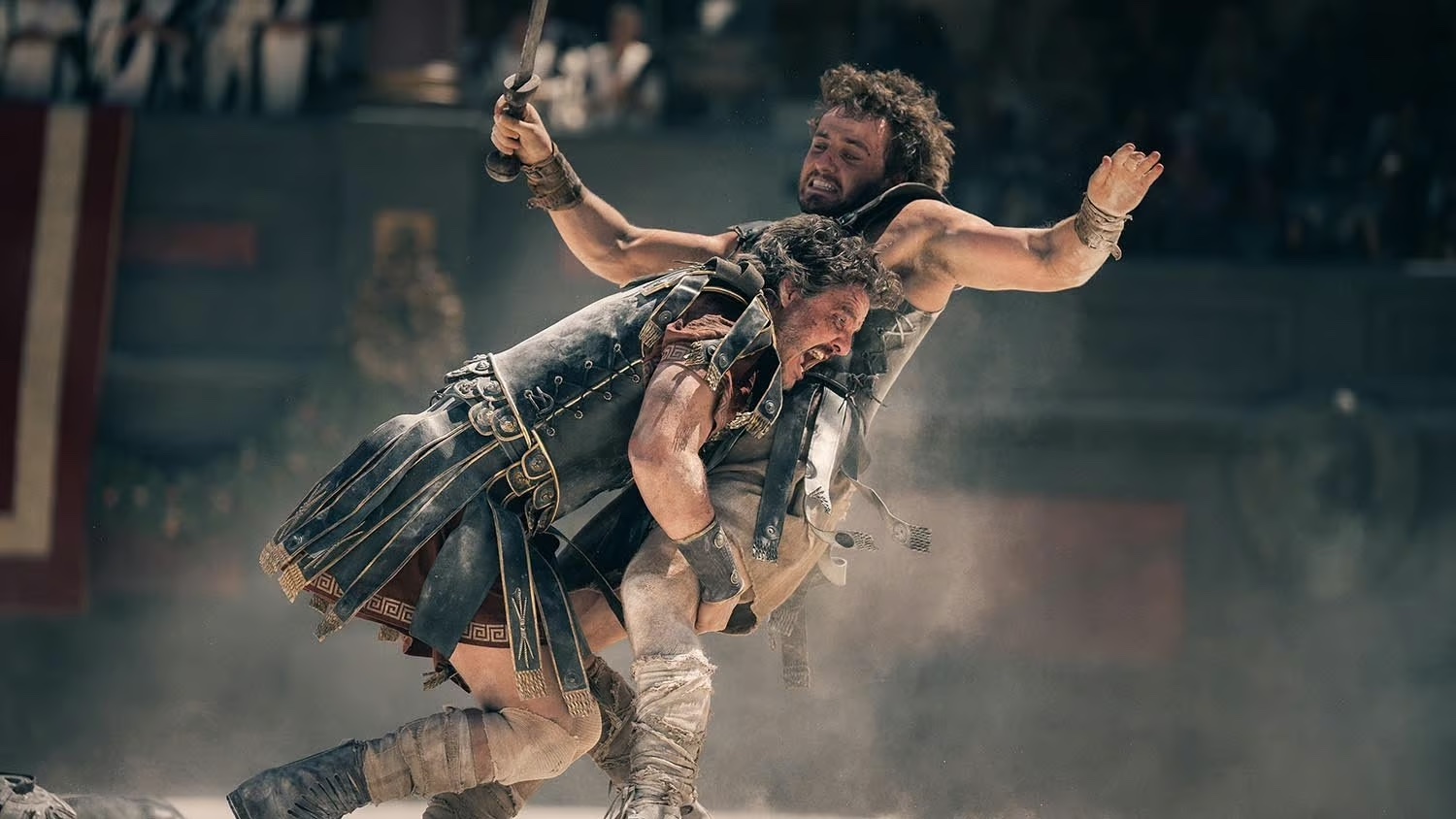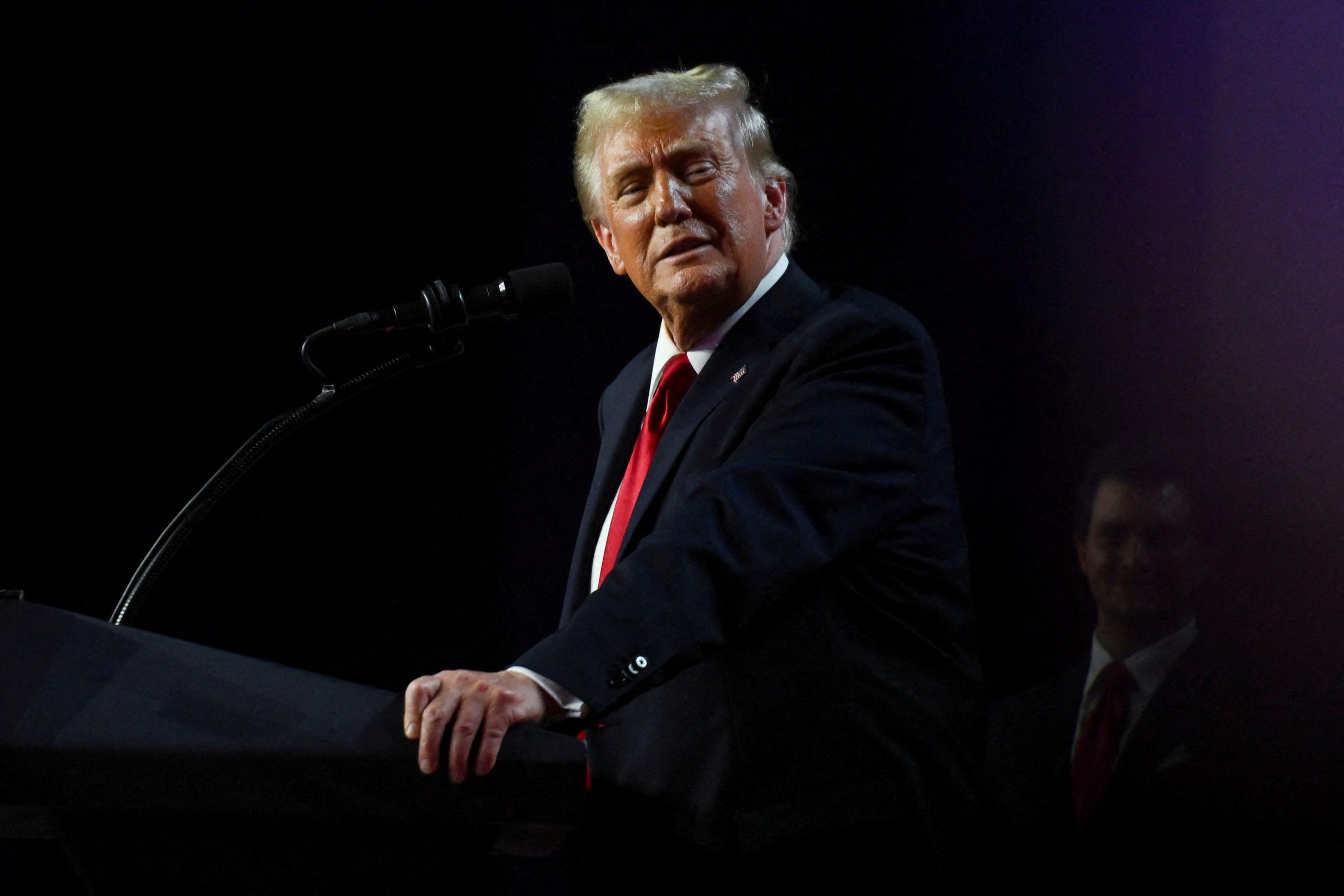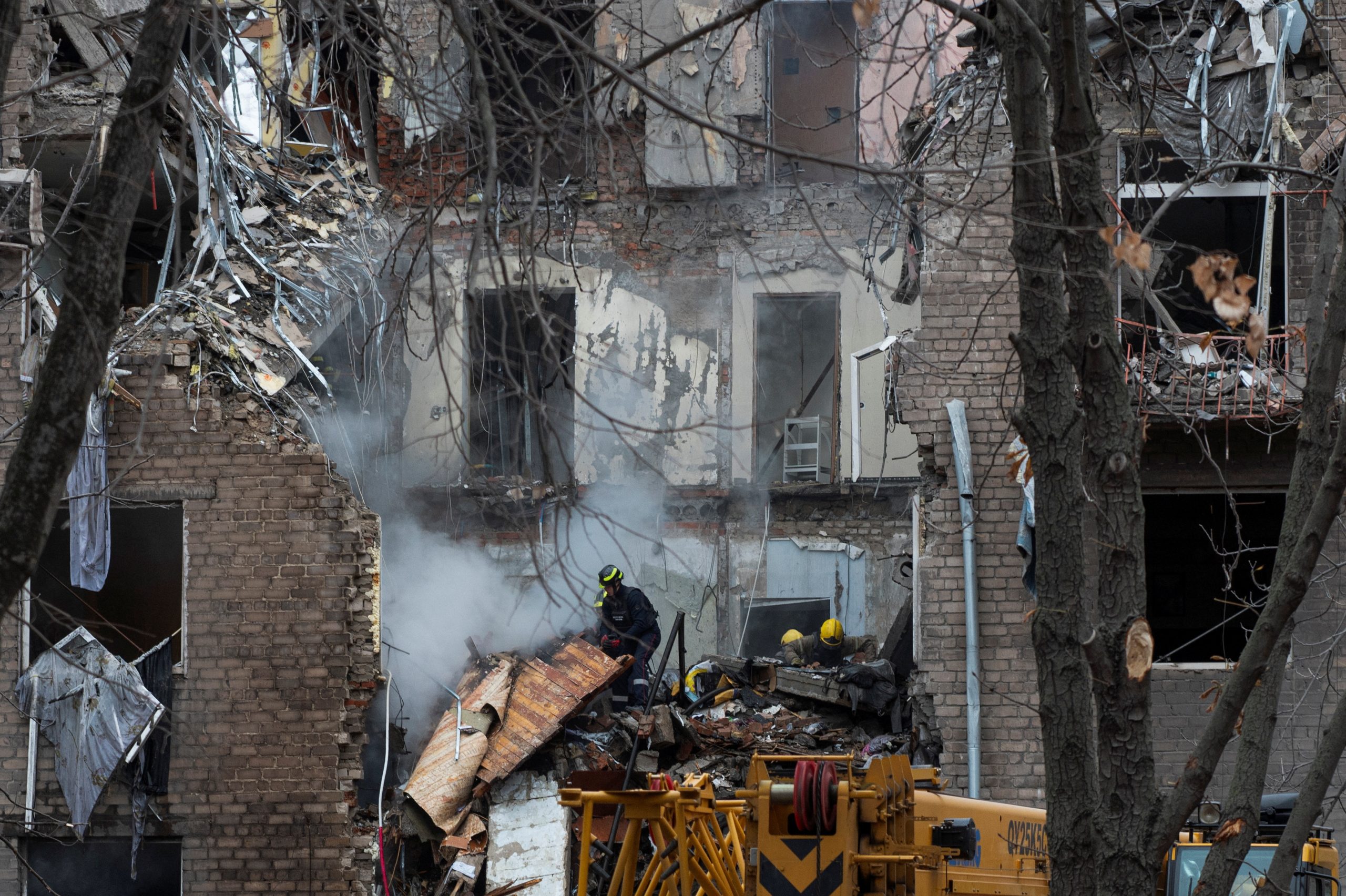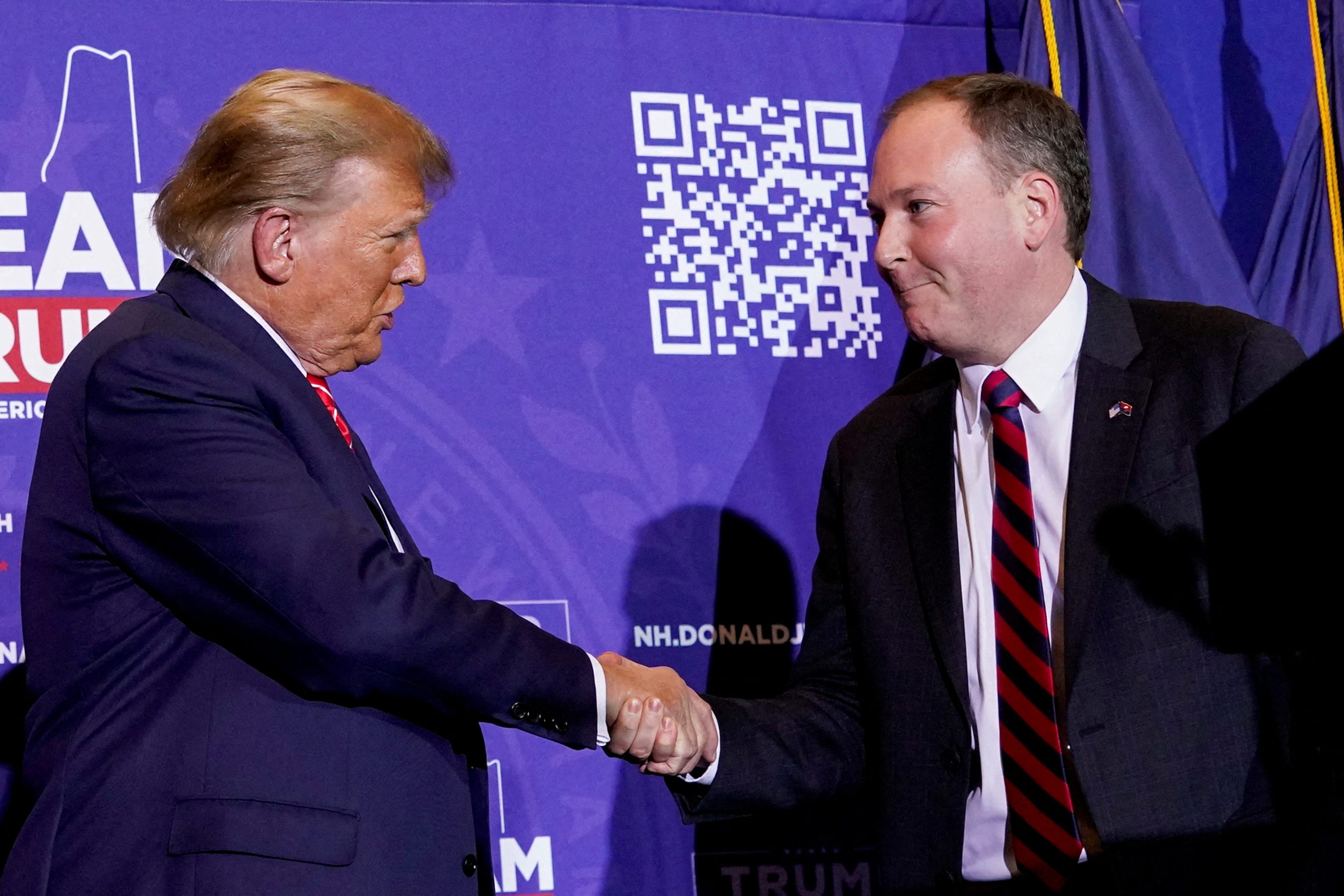“Neither one is ideal,” Russian President Vladimir Putin quipped when asked if he had a favorite between Kamala Harris and Donald Trump for the upcoming U.S. presidential election. In a candid moment at the Eastern Economic Forum in Vladivostok, Putin’s sardonic comments on both candidates suggested a troubling view from the Kremlin: it’s a choice between “two unappealing possibilities.”
For Russia, the stakes are high. Kamala Harris, Biden’s successor as the Democratic nominee, has signaled unflinching support for Ukraine and pledged to continue the U.S.’s stance of diplomatic isolation and economic sanctions against Moscow. On the other hand, Trump, a former Putin ally who once boasted about his “great relationship” with Russia’s leader, has a complicated history with Moscow. While Trump has hinted at a quick resolution to the Ukraine war, he oversaw some of the harshest sanctions against Russia during his time in office.
At the Vladivostok forum, Putin teased his audience with veiled comments about Harris’s “infectious laugh” but stressed Russia’s unease over her steadfast support for Ukraine. Harris, who stands firmly in favor of NATO’s strategy and extensive aid to Ukraine, has also called out Moscow for human rights abuses and condemned Putin’s aggression as “un-American and unworthy of global respect.” Her views underscore a harsh reality for the Kremlin: a Harris win would almost certainly mean continued military aid to Ukraine, and possibly even a stronger push for Kyiv to join NATO—an outcome Putin is desperate to avoid.
Trump, for his part, has taken a markedly different approach. With his campaign suggesting that he would end the conflict through diplomacy, he criticizes Biden’s Ukraine strategy and questions the value of U.S. commitments to NATO’s mutual-defense clause. Trump’s proposal to negotiate a “neutral zone” within Ukraine could mean significant concessions to Russia. While this stance might appeal to Moscow, it is met with suspicion by Ukrainian leaders and NATO allies who view it as a rollback of American support for Ukraine’s sovereignty.
Then there is the looming specter of nuclear arms control. The New START treaty, which places critical limitations on U.S. and Russian nuclear arsenals, is set to expire in 2026. Biden renewed it at the beginning of his presidency, but Trump has historically sought to replace existing agreements with a trilateral pact including China—a prospect that Putin is likely to find both enticing and complex. Should Trump win, analysts believe Russia might get another shot at a new, more favorable arms control agreement. Harris, however, would likely push for strict continuation of existing treaties, along with penalties for Russia’s nuclear posturing during the Ukraine conflict.
With a delicate election on the horizon, Russia’s official stance remains restrained, but Putin’s words hint at a preference for Trump, a known quantity with whom he has a fraught but functional history. The election of Harris would likely mean more direct confrontations over Russia’s handling of human rights, NATO expansion, and continued support for Ukraine—a triad of issues that the Kremlin finds threatening.
In the end, Putin’s unease over both candidates reflects Russia’s awareness of the grim reality it faces no matter who wins: strained relations, continued sanctions, and an unpredictable U.S. stance on the global stage.
Sources for this article include: The Associated Press, statements from the Eastern Economic Forum, and recent analysis from the International Crisis Group.

